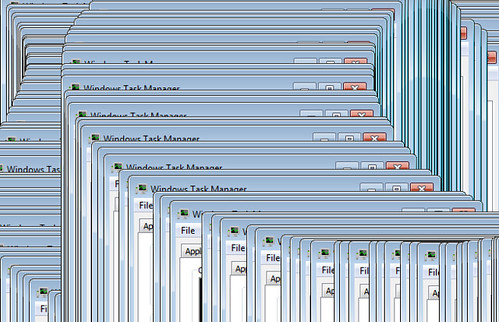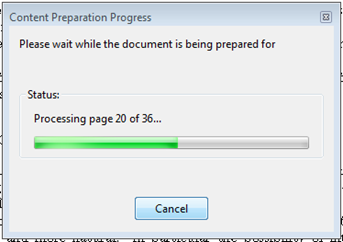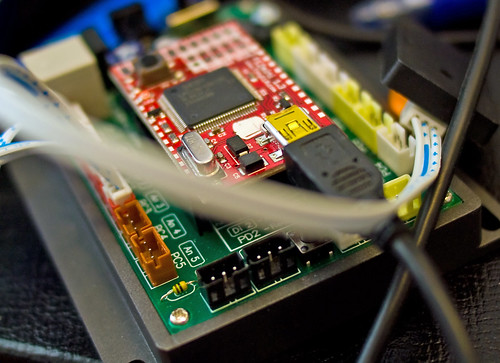
We got an email last week asking what kind of computer works best at university. Here are my thoughts on the matter:
Netbook
Netbooks based on the Atom processor are very cheap and great for web surfing, email and writing essays but they are a bit underpowered for the more demanding stuff like image editing and HD video. While you can use large tools like Visual Studio on an Atom powered Netbook it will not be a particularly enjoyable experience, particularly if you only have 1G of RAM in the machine. However, they are great for taking notes, very portable and their batteries should see out a day on campus if you are careful. And they are so cheap you won’t suffer an enormous loss if you drop or lose yours.
Laptop
If you are buying a laptop I would go for at least a Core 2 of some kind. Machines based on the i3 processor are becoming affordable and are worth a look. If you are buying a laptop make sure that it has (or you can upgrade it to) at least 4G of RAM. If you want to write games with the machine it really needs a separate graphics adapter, those with built in graphics might work, but their performance will not be good. Take a look here for details of requirements to write XNA games:
http://msdn.microsoft.com/en-us/library/bb203925.aspx
Such a machine need not cost too much, I got an Dell Studio 15 with ATI graphics for around the 600 pound mark last year, and I’m sure things have moved on since then. Of course the snag with buying a “proper” portable computer is that it is properly heavy and scarily expensive to cart round with you. This might mean that it gets left back at your house most of the time, which kind of negates the purpose of a laptop.
You should also look very carefully at the battery life. Bear in mind that although there are some charging stations on campus these are the exception rather than the rule and so a machine that can last all day is a good plan. I used to have a rule of thumb that I would take the manufacturers’ claimed life and halve it, so a machine that was supposed to be good for 3 hours would actually give only 90 minutes. However, I think things are improving a bit. My latest little machine claims 9 hours of use, and pretty much gets there.
Desktop
I’m in the process of returning to my desktop roots at the moment. I moved onto a laptop a while back because I loved the idea of having all my data with me at all times. It meant that I could pretty much work anywhere. However, I can now have my data anywhere by using Live Mesh and Dropbox, and I fancy having a go with two monitors, so moving back to desktop makes sense. If you are buying a desktop now you should take a look at the new Intel “SandyBridge” I5 processor, which is not that expensive and provides a big leap in performance terms. Such a machine with at least 4G of ram and a 1T hard disk and a reasonable graphics card should come in at around that magic 600 pounds (if you shop carefully) and will provide a big leap in performance over a laptop of similar price.
Some students have a great big hulking desktop at home and carry a tiny cheap netbook around during the day to take notes. This can work very well, particular if you use one of the cloud services (see backup below) to keep everything synchronised.
Apple
Apple seem to have figured out what makes something a pleasure to own and use, and then bottled it and sold it. All their machines run Windows really well, although the native OS X operating system has a lot to commend it and gives you access to wonderful programs like Garageband which come free with each Mac. And of course if you have a Mac you can write programs for the iPhone.
I would place a slight question mark over the reliability and longevity of their hardware though. My MacBook Pro has been through two batteries, a power supply and a main board since I got it, and my little MacBook is on its second battery. I've bought machines from lots of other suppliers, Dell, Sony, Toshiba and Acer, and never had this failure rate with them.
If you are in academia make sure that you buy using the Apple academic discount scheme, you will save a little money but you will also get three years of Applecare warranty, which is well worth having.
Software
Don’t forget software when you are pricing your systems. All our students get Microsoft Academic Alliance usernames shortly after they arrive with us and you can get Microsoft Operating systems and development tools for free from this:
http://msdn.microsoft.com/en-gb/academic/default
The only thing that you will miss from this is Microsoft Office, which you can get quite cheaply from here:
http://www.microsoft.com/uk/education/studentoffer/
If you want to try Linux I’d recommend taking a look at Ubuntu, which provides one of the best turnkey Unix experiences.
Backup
It seems that you have to lose a big chunk of work before you appreciate the importance of making backups of your data. One of my project students had their hard disk crash the night after they had just finished writing a very important report. Of course they hadn’t backed up the files….
These days, rather than remembering take a backup I use Dropbox and LiveMesh to make sure that files on my computers are all synchronised. During a working day I’ll probably move between two or three different platforms and these technologies make sure that the data on all of them always lines up. They are also provide browser based interfaces, so that you can get at all your important files anywhere you can find a web connection.
http://explore.live.com/windows-live-mesh
http://dropbox.com/
The main problem with these services is the limited amount of space they offer. Live Mesh will give you 5G of online storage for free, with Dropbox you have to make do with 2G for free, although you can have more if you pay. However, this is not an issue for me. I don’t put any of my music or video on them, I simply use them to store “work in progress”, which for all the taught content and presentations that I gave last year only amounts to around 2 or so gig.
Insurance
If you do buy lots of fancy hardware do make sure that it is insured. Sometimes home insurance needs to be modified to cover expensive single items and if you move away from home you may need to get a policy of your own to cover your gadgets.
Final Words
Don’t spend too much on a computer. You don’t need a huge powerful machine to do our courses at Hull, actually most of the work (apart from 3D game writing) could be performed on a fairly basic system costing less than 300 pounds. We do have machines on campus which you can use, including some really powerful ones in the games lab which are available to students who need a lot of horsepower. Remember that anyone who tells you that you need the most expensive and powerful system they have is probably a computer salesman….


























